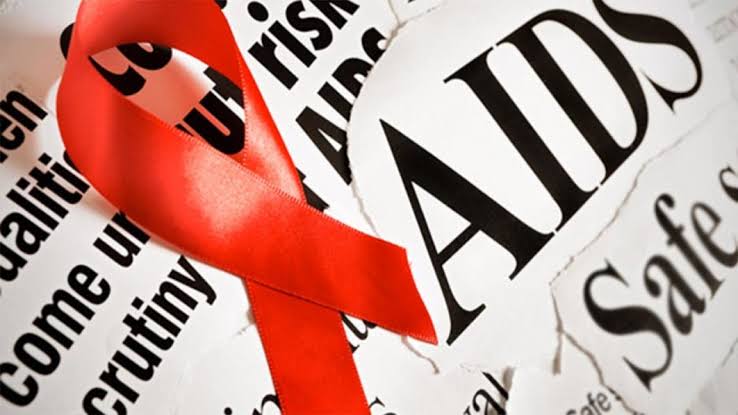
HIV/AIDS
Stakeholders advocate strengthened policies protecting young people living with HIV
Stakeholders have called for strengthening of legal framework and policies to protect young people living with Human Immunodeficiency Virus (HIV) access employment opportunities in the country.
They made the call at the youth pre-conference session, organised by AIDS Healthcare Foundation (AHF) and Youth Network on HIV/AIDS in Nigeria (NYNETHA) of the ongoing Civil Society Accountability Forum.
Mr Steve Aborisade, Advocacy and Marketing Manager, AHF, noted the challenges young people living with HIV face in accessing employment, despite their competencies and skills.
Aborisade said the meeting would enable stakeholders review the effectiveness of existing legal and policy frameworks that guarantees Adolescents and Young People Living with HIV (AYPLHIV) have access to gainful employment.
“We will strategise on enhancing structures and policies that will promote non-discrimination and equitable access to the labour market for young people, especially those living with HIV.
“To identify key barriers related to AYPLHIV employment and promote the establishment of economic empowerment and vocational skills development initiatives that are responsive to the needs of young people.
“To promote affirmative action on AYPLHIV employment from key players in the Nigerian HIV/AIDS corridor.
“And understand their expectations from employers and engage status of enforcement of HIV/AIDS workplace policy,” he said.
Dr Yinka Falola, the Acting Director Policy Planning and Coordination Department, National Agency for the Control of AIDs (NACA), said 300 cases of discrimination against persons with HIV were recently reported.
Falola, however, mentioned that 80 per cent of the reported cases had been resolved.
“It is a work in progress to ensure we bring and remove all barriers affecting job opportunities for persons with HIV.
“We urge you to look into the opportunity of been employers of labour.
“Know your rights and where to run to, when your rights are trampled upon,” she said.
Dr Runo Onosode, the HIV Technical Expert and OSH Coordinator, ILO Country Office for Nigeria, Ghana, Liberia and Sierra-Leone, encouraged them to key into digital transformation in line with global trends.
Onosode said that, such skills would enable them get very good opportunities to thrive.
“I urge youths to harness digital economy with all the services Artificial Intelligence (AI) provides in terms of career development and opportunities,” she said.
Mr Abdulkadir Ibrahim, Network of People Living with HIV and AIDs in Nigeria (NEPWHAN), stressed the need for legal protection to curb the trend of stigma and discrimination against persons with HIV in the workforce.
“We have a lot of people that are competent and very good, but because of their status, they are denied jobs,” he said.
Ibrahim also encouraged persons with HIV to explore other means of job opportunities, rather than wait for white collar jobs.
“We will continue to engage and partner with all stakeholders to ensure the rights of young people with HIV are protected.
“I also encourage them to acquire skills to enable them to be self-reliant, rather than wait for white collar jobs,” he said.
Mr Gabriel Undelikwo, the Country Community Mobilisation and Network Adviser, UNAIDS, emphasised on the need to eliminate self stigmatisation.
“Eliminate all forms of self-stigmatisation so that you will not be limited by your HIV status to actualise your dreams and visions.”
Mr Opeyemi Yekini, Senior Programme and Evaluation Officer represented, Nigerian Business Coalition Against AIDS (NiBUCCA), advised persons with HIV to report any incidences of discrimination and stigmatisation in workforce. (NAN)
